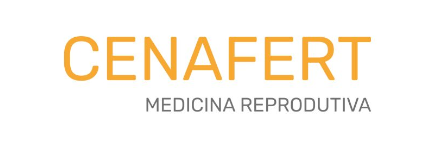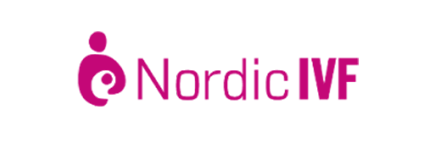Experts in assisted reproduction advocate Artificial Intelligence techniques to optimize treatments
July 19, 2019
Experts in assisted reproduction advocate Artificial Intelligence techniques to optimize treatments
• The Eugin Group has brought together 100 specialists in Madrid at a campus organised by the EBART (Evidence Based Assisted Reproduction Technology) International Congress
The application of techniques from the Artificial Intelligence (AI) field -such as machine learning, deep learning, data mining, among others – will contribute significantly to optimizing assisted reproduction treatments. This is one of the main conclusions of the Focus Session Campus EBART (Evidence Based Assisted Reproduction Technology) organized by the Eugin Group, which was held today in Madrid and brought together one hundred of the country’s experts in assisted reproduction.
During the meeting of specialists, the latest clinical advances were presented on the subject of assisted reproduction techniques based on scientific evidence. One of the most outstanding presentations was given by Josep Lluís Arcos, head of the Machine Learning Department of the Artificial Intelligence Research Institute (IIIA-CSIC), based in Barcelona.
Arcos, who has carried out several projects in which Artificial Intelligence has been applied in areas as diverse as music or medicine, stressed that the implementation of AI techniques to assisted reproduction, as occurs in other fields, is “a paradigm change” that will result in better treatment for patients. A treatment that is based on a huge amount of, “more personalized” and “more effective” scientific data, which is an opinion that was shared by the specialists attending the campus.
“The application of Artificial Intelligence to assisted reproduction techniques is a great step forward, not only in research, but also directly in the treatments our patients undergo,” said Rita Vassena, scientific director of the Eugin Group. “In fact, we expect it to become established within a few years, and we have to be prepared,” she said.
Arcos presented some of the examples that prove the effectiveness of AI support when it comes to making “medical decisions”. As is the case with elucidating which assisted reproduction technique to recommend for a patient or choosing the best treatment for ovarian stimulation. “Artificial Intelligence allows the medical decision to be based on a vast amount of data. From clinical cases, genomic studies and imaging tests to research on drugs from all over the world, among others. This information is recorded and processed in order to find patterns and predictive models that are also constantly validated with medical expertise”, explained the head of the Machine Learning Department of the IIIA.
The implantation of AI techniques could raise some doubts about the role that the medical professional will have in the immediate future, namely, the fear of a colder medicine, with less of a human touch. However, the experts brought together by Eugin concurred in their disagreement with this analysis. “It will change the way we work as professionals, but for the better. With more data to support them, they will be able to tackle more complex problems”, Arcos pointed out.
“In addition, we must bear in mind that the predictive models created by artificial intelligence are validated and fed back to the experts,” Vassena said.
Apart from the role of Artificial Intelligence in assisted reproduction, the Eugin campus addressed other topics, such as hormonal treatments for ovarian stimulation, the relevance of genetic screening tests before treatment, or studies on semen quality based on scientific evidence.
In Madrid today the Eugin Group held the first of the Focus Session Campuses, which will serve as a prologue to its established International EBART Congress, whose next edition will take place in Barcelona in the year 2020. The second Focus Session Campus will be staged on June 6 in Barcelona. At this event, issues related to embryology and basic and clinical research will be addressed.











